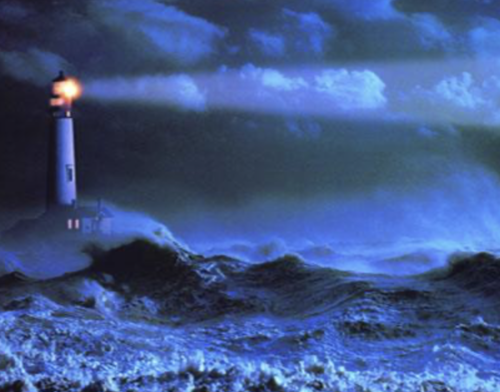How does a ship’s captain sail against a headwind?
The maneuver is called “tacking” and it consists of steering the ship back and forth, at roughly 45 degree angles across the chosen course. The question — with all the left and right turns — is this: What is the course that runs through the middle? Where is the captain trying to go?
It’s impossible to figure that out by studying only the turns to the left or to the right. Dare I say that this task is even more difficult if the captain of the ship is a modern Jesuit?
So what was the course Pope Francis was trying to sail the other day during his in-flight Shepherd One press conference about abortion, Communion and the pastoral needs of Catholics (including, perhaps, powerful politicians)? In the mainstream press, the big turns were all to the left, with the pope warning U.S. bishops not to meddle in the state of President Joe Biden’s soul. Readers had to turn to Catholic publications to find any hint that Pope Francis was, perhaps, seeking a middle course.
This was best seen in the piece that ran in the “Politics Section” (#DUH) of the New York Times. The headline stated the basics:
Pope Weighs In on Calls to Deny Communion to Biden Over Abortion
“What must the pastor do?” Francis said when a reporter asked him about the subject. “Be a pastor, don’t go condemning.”
Everything readers needed to know, from the doctrinal point of view of the Times, was right up top:
ROME — Pope Francis weighed in on Wednesday on a debate roiling the Roman Catholic Church in the United States, where conservative bishops are pushing for guidelines that would deny communion to politicians, like President Biden, who support abortion rights.
“I have never refused the eucharist to anyone,” Francis said, though he added that he did not know of any instance when such a politician had come to him for communion.
Later, there was this:
“What must the pastor do?” he asked. “Be a pastor, don’t go condemning. Be a pastor, because he is a pastor also for the excommunicated.”







